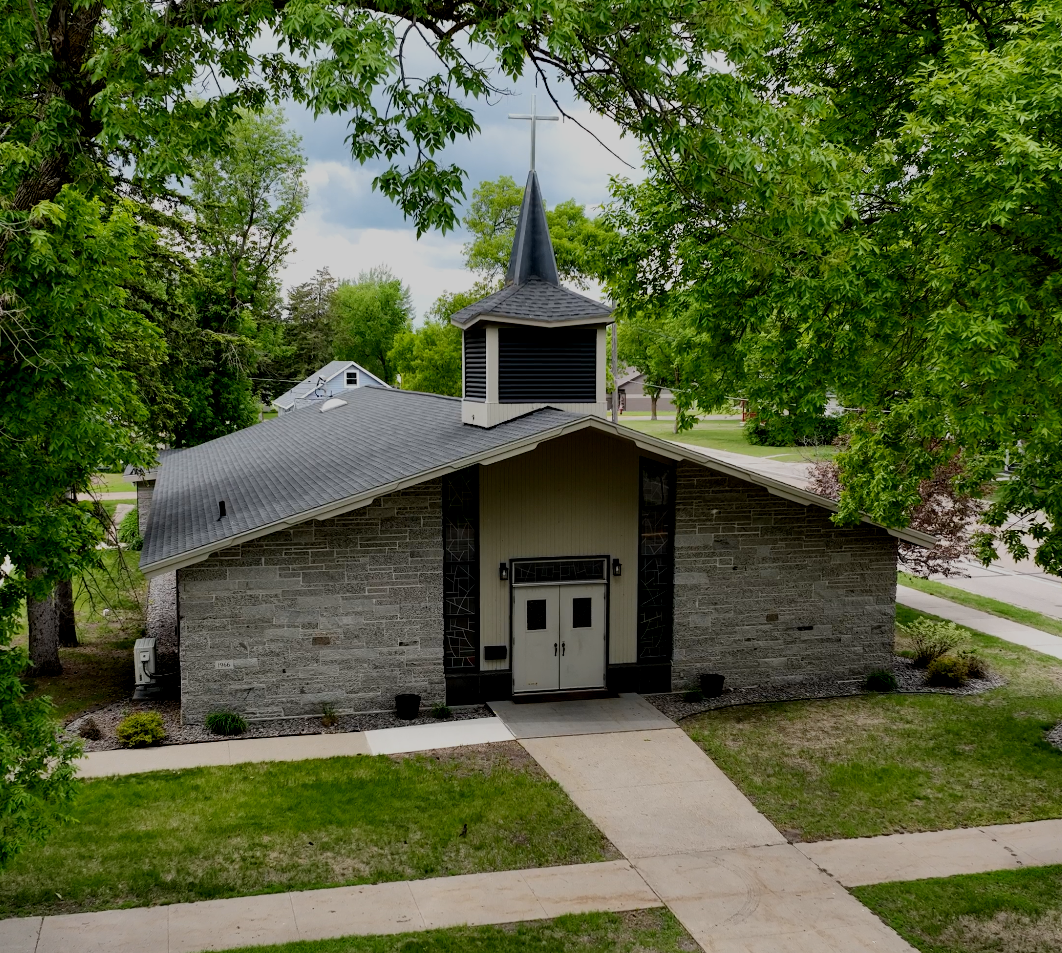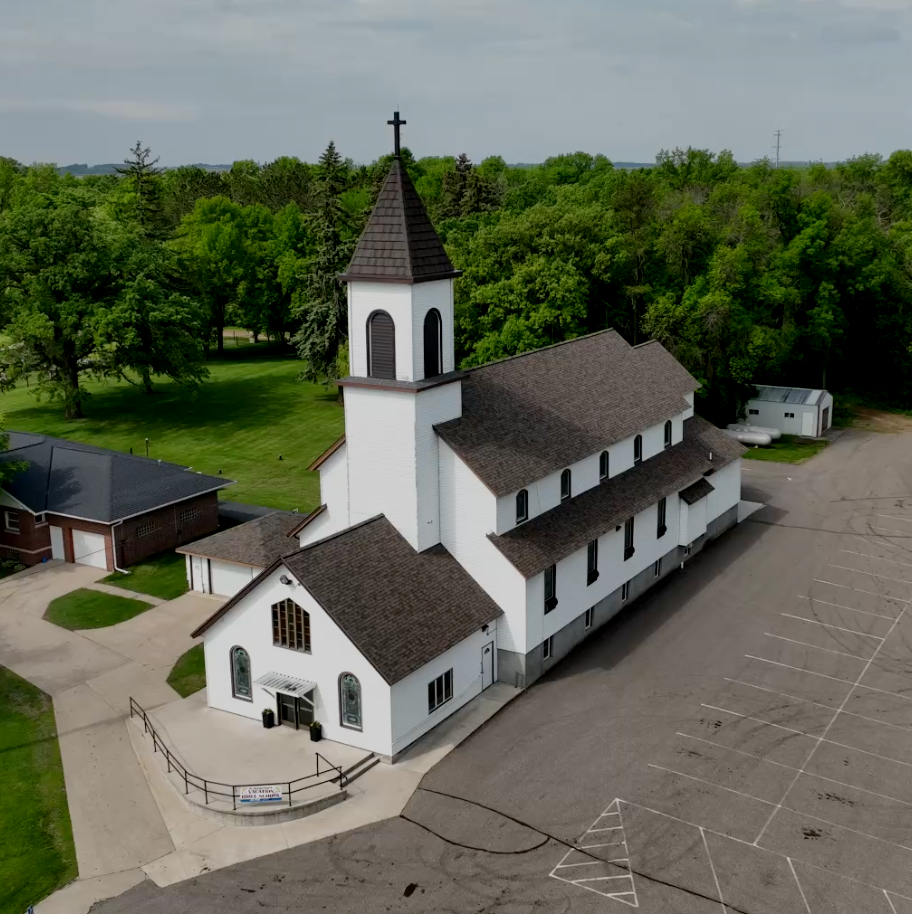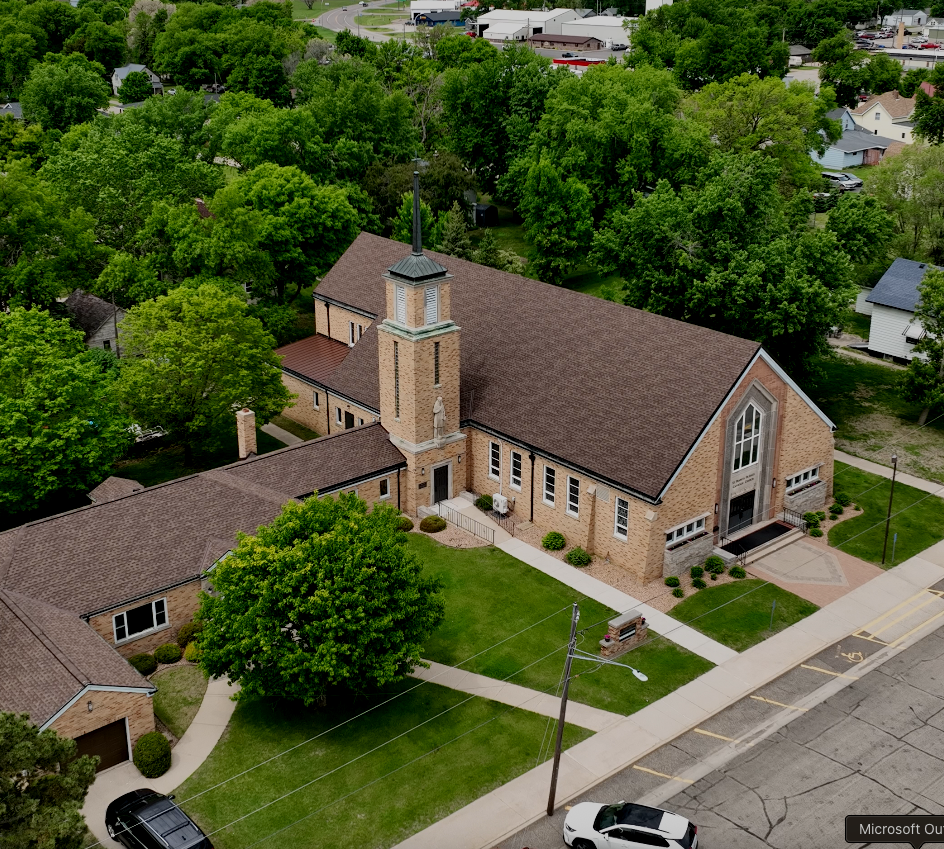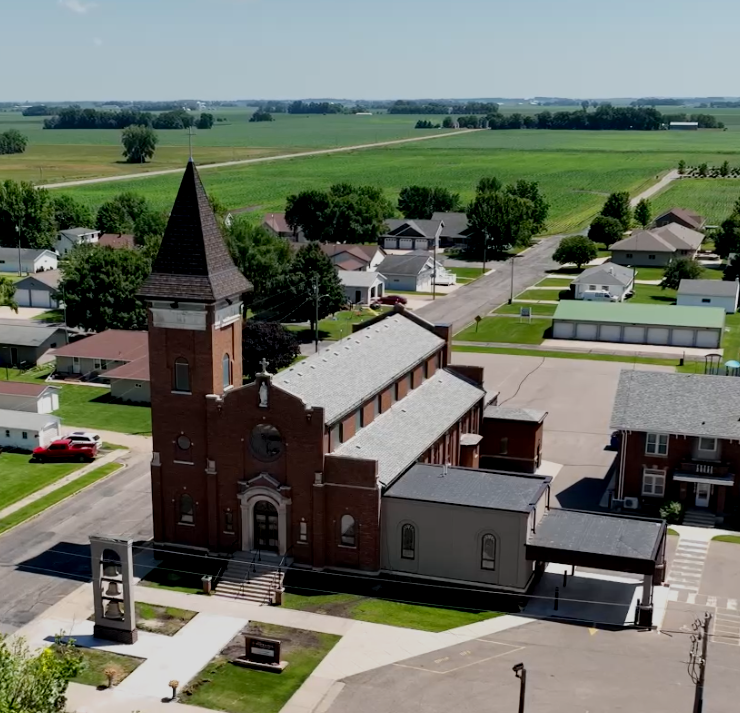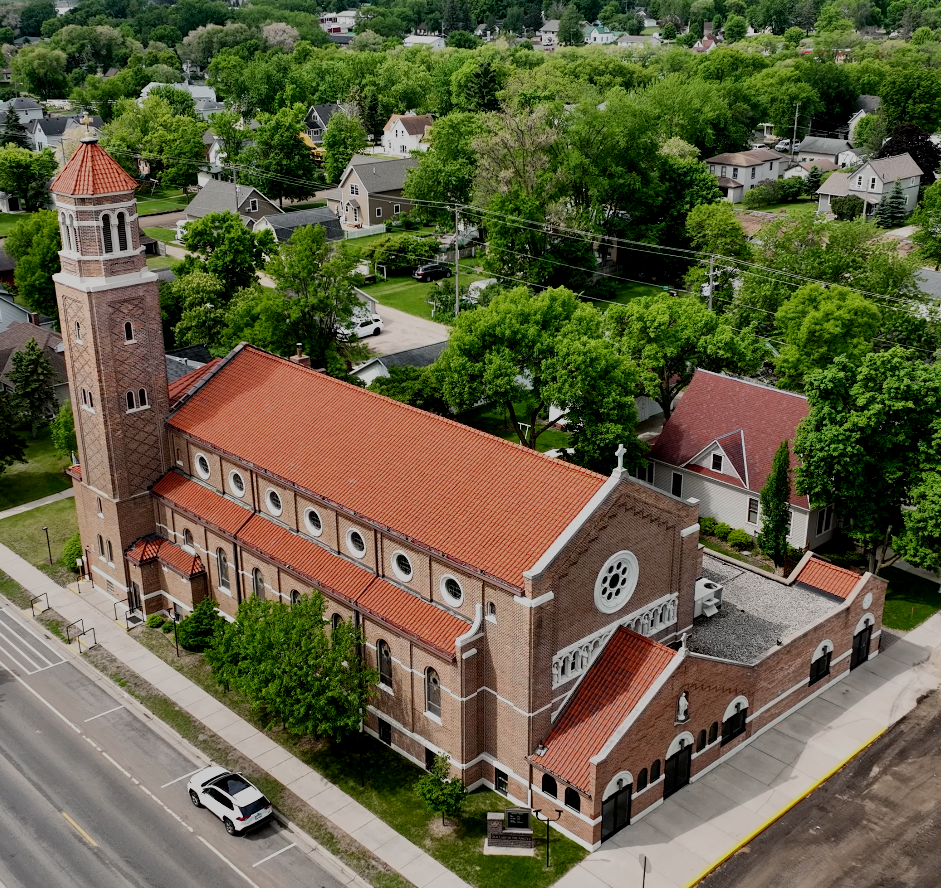VIEW ALL THINGS NEW UPDATES
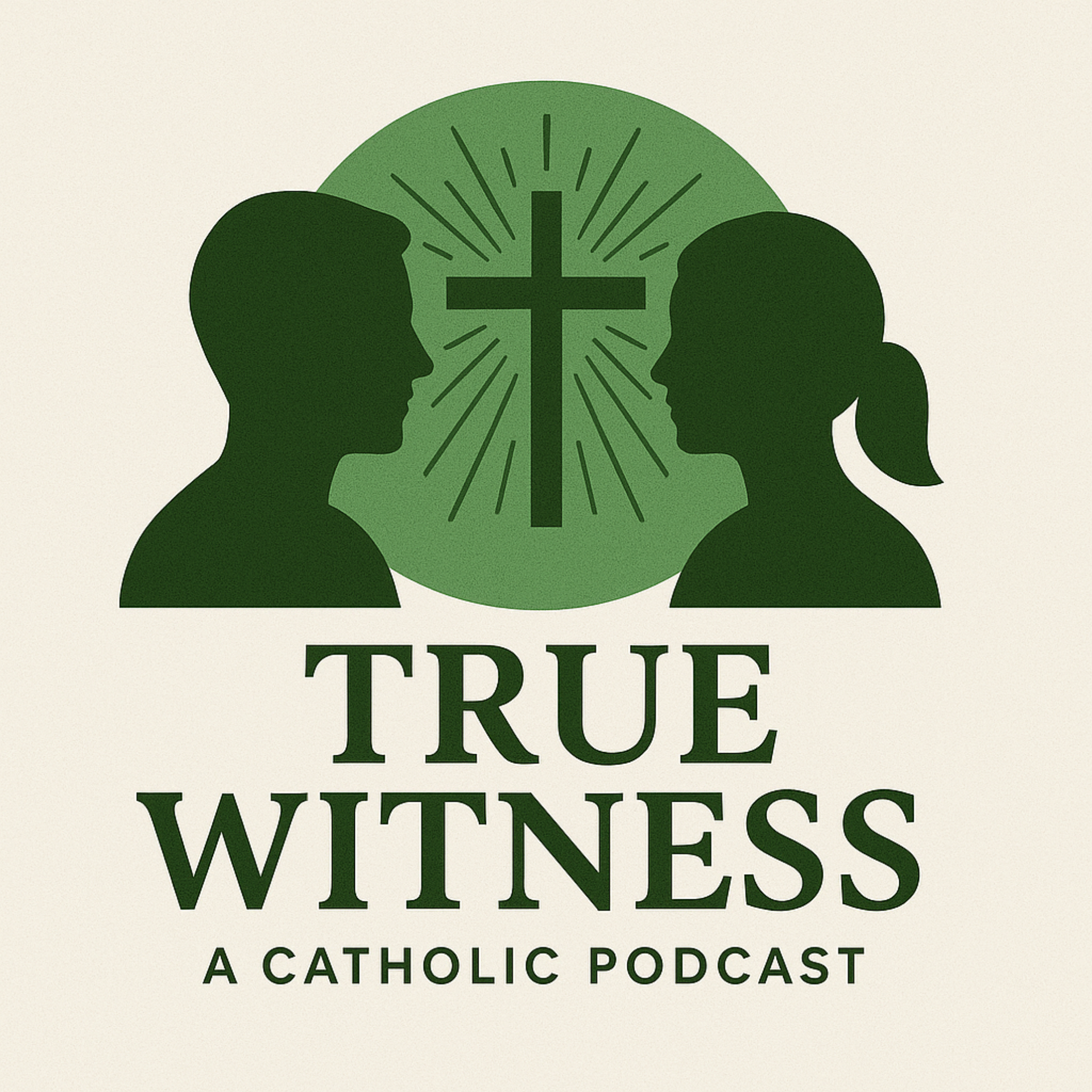
PODCAST LAUNCHED!
Truth isn’t subjective. In a world that says otherwise, Catholics are called to live boldly, love deeply, and witness clearly to Christ and His Church.
The
True Witness podcast, co-hosted by Adam Saltmarsh and Laura Lange, seeks to continue building up our Parishes on the Prairie community and those beyond. Listen on....
ONLINE MASS
You are welcome to join us for this online celebration of the Eucharist! It is intended as a spiritual resource for all who are unable to attend Mass. May it also encourage family members and friends to return to the Church and practice their Catholic Faith.
One Catholic community, six locations.
Are you interested in becoming a parishioner at one of our parishes?
You can also visit either office location during business hours, and we will get you all set up!
One Flock. One Shepherd.
I am the good shepherd, and I know mine and mine know me, just as the Father knows me and I know the Father; and I will lay down my life for the sheep. I have other sheep that do not belong to this fold. These also I must lead, and they will hear my voice, and there will be
one flock, one shepherd.
John 10:14-16
GET INVOLVED
WE EXIST
to know and follow Jesus Christ the Good Shepherd and lead others to do the same.
WE PRAY
boldly for others, work together for the good of all, and strive for excellence in teaching the faith & providing the sacraments.
WE ENGAGE
Catholics in the sacraments, promote lifelong formation in the faith & expand leadership among the lay people.
Becoming Catholic.
Whether you're unbaptized, from another Christian faith, or returning to the Church after time away, we'd love to walk with you.
Call either parish office for more information!
Support our Parish – Sponsor this Website
Be part of our mission We’re searching for a sponsor to support our website, and your business or family will be showcased with gratitude here. Reach out to learn more.
